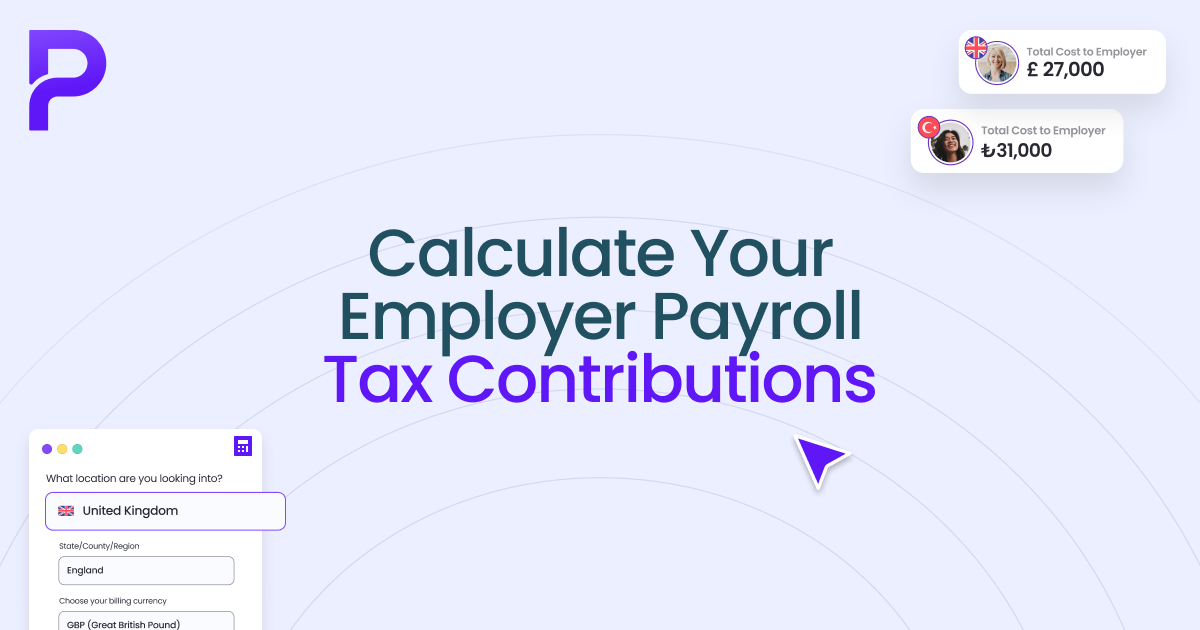Nigeria Public Holiday Regulations
In Nigeria, employees are legally entitled to observe public holidays as provided by the Public Holidays Act. These holidays are recognized at the national level, with some state-specific or religious observances depending on local customs. Public holidays are generally paid leave days for full-time employees, while part-time or contract workers’ entitlements depend on their employment terms.
Thousands of global businesses can't be wrong.
Sign up for free and explore global hiring with Playroll.


List of Public Holidays in Nigeria in 2026
The table below lists the official public holidays in Nigeria for 2026. Dates for certain religious holidays, such as Eid al-Fitr and Eid al-Adha, may vary based on lunar sightings.
*Dates for Islamic holidays are approximate and subject to lunar confirmation.
Do Employers Have to Provide Paid Leave on Public Holidays?
Yes, Nigerian labor law requires employers to provide paid leave on public holidays recognized under the Public Holidays Act. Full-time employees are entitled to a full day’s pay for each public holiday, and if they are required to work on these days, they must be compensated with overtime pay or an alternative paid day off.
For part-time, temporary, or contract workers, entitlements depend on the employment contract or company policy. Employers are encouraged to ensure fairness and transparency when applying holiday pay policies, even when statutory obligations are less explicit for non-standard workers. Public holidays are not counted as part of annual leave and stand alone as separate paid days off.
Legal Penalties for Not Providing Paid Holiday Leave
Failure to provide paid public holiday leave violates Nigeria’s Labour Act (Cap L1, Laws of the Federation of Nigeria) and the Public Holidays Act. Employers who deny employees their entitled paid rest days can face fines, administrative sanctions, or legal claims from affected workers.
Non-compliance is more commonly reported among small businesses, casual labor employers, and probationary arrangements. Employees may file complaints with the Ministry of Labour and Employment, which can lead to investigations and possible financial penalties or orders for compensation. To avoid violations, employers should clearly outline holiday entitlements in employment contracts and maintain accurate payroll records reflecting compliance.
How Do Holidays Affect Overtime Thresholds?
When employees work on a public holiday, those hours are considered overtime under Nigerian labor law. Employers must compensate such work at a premium rate, typically double the standard wage, or grant a paid day off in lieu. These hours are excluded from the employee’s normal working time calculation, ensuring the holiday premium is distinctly recognized.
Stay 100% Compliant with Leave Regulations Using Playroll
Leave entitlements, from public holidays to annual leave and special allowances, vary widely across countries, and Nigeria is no exception. Managing compliance means keeping up with changing local laws, cultural observances, and religious holidays that shift each year.
Playroll helps employers stay ahead by automatically applying Nigerian labor regulations to every employee record, tracking updates to the Public Holidays Act, and ensuring accurate payroll deductions and benefits. With Playroll, your team gets the right holiday pay every time, and your business avoids costly compliance mistakes. Simplify global leave management with Playroll and focus on growing your workforce, not your paperwork.

Never Miss a Leave Law Update — Stay 100% Compliant
01
Reach out to playroll
We’ll handle payroll, leave and benefits for your team, anywhere in the world.
02
Track Leave With Ease
Review, approve, and manage leave in line with local laws, all in one place.
03
Gain Hands-on Support
Each employer and employee gets support to promptly resolve queries.
04
Stay Up to Date With Regulations
We’ll keep you updated on changes in leave entitlements and regulations.
.svg)
.svg)
.svg)



.svg)















.svg)